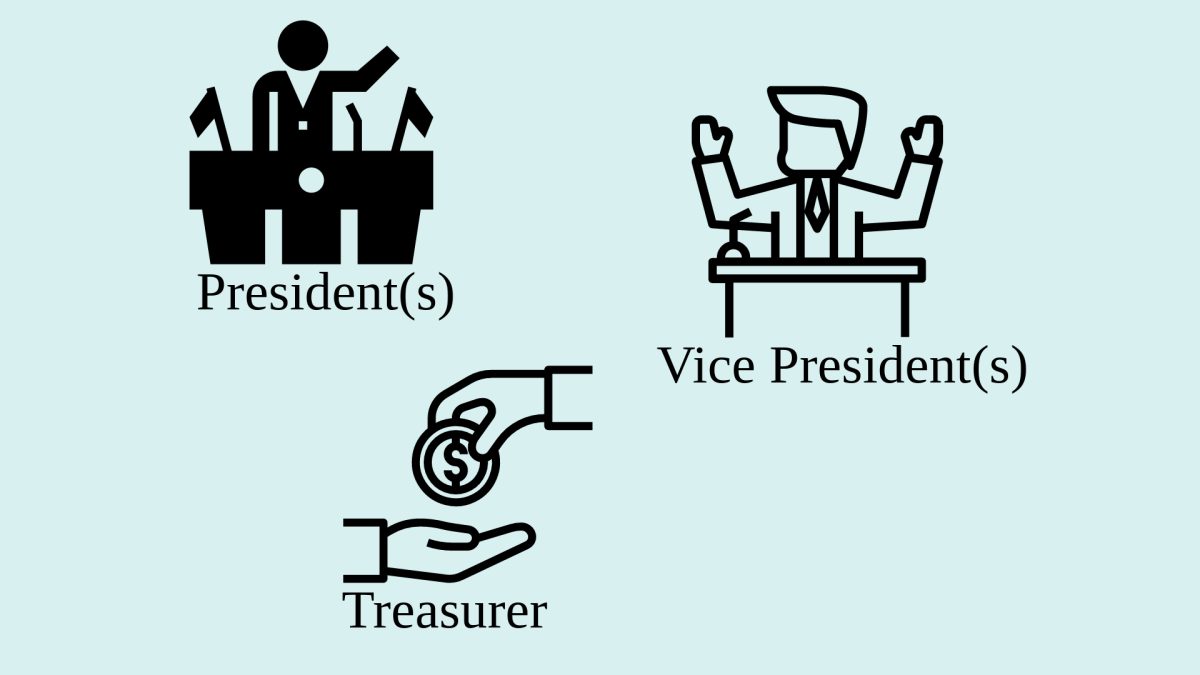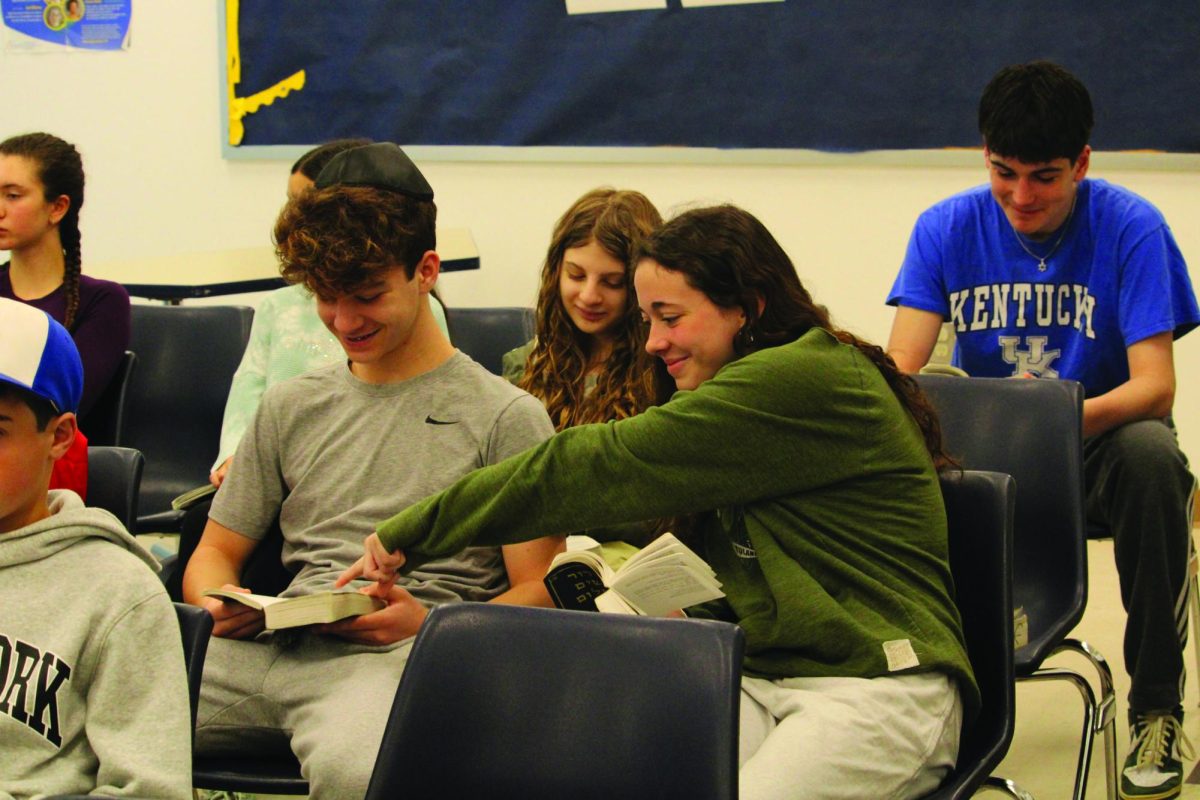While the introduction of many changes in high school policies like grading systems and Wellness Wednesdays evoked mixed feelings from the student body, after a semester of its implementation members of grade governments like sophomore Hadriel Dayanim and junior Jonah Berman have felt an increase in efficiency due to the new structure.
The biggest change made to grade government this year was that the positions were cut down to a maximum of two co-presidents, two co-vice presidents and one treasurer, while in the past there were 14 positions: two co-presidents, two co-vice presidents, treasurer, secretary, two secretaries of social events, two secretaries of fundraising, two secretaries of community service and two grade representatives.
Dayanim has been the Class of 2026’s president for the past two years and said he has seen much improvement in the function of the grade government this year compared to last year.
“[Last year] we weren’t able to really get anything done because there were just so many people and so many opinions, and then it just takes longer,” Dayanim said. “Now this year, it’s less people, we still have the diverse amount of opinions but it’s less so we’re really just able to get the work done.”
The efficiency Dayanim described is evident in the accomplishments of the tenth grade government in the past semester. The grade government created a WhatsApp group chat to inform students of upcoming events each week, planned a community service event which they were supposed to but unable to last year, held constant donut sales and have more organized and planned out meetings overall according to Dayanim.
Berman has been the Class of 2025’s treasurer for the past three years. Since the change in policy, he has noticed a big improvement in the way meetings run. Berman feels that the requirement of every person running for a position to give a speech, rather than just the co- presidents and co-vice presidents, brought more engagement from the 11th grade government.
“I think [making all candidates write speeches] made people show that they had a little bit of commitment to being on grade gov,” Berman said. “Now with less people, it’s way easier, in my opinion. There’s more people willing to do stuff and it also feels like this year, there’s a lot more commitment.”
The success of the 11th grade government this year can be seen through the popular basketball tournament they held to raise money for Israel and the re-opening of the school store, in comparison to last year where the 11th grade government’s plans for fundraising and community service work fell through.
The change in number of students was not the only area in which members of grade government were cut down this year, the number of grade advisors were limited too. Brett Kugler, high school learning specialist and 10th Grade Dean, has been a grade dean for nine years, and this is his first year working alone.
“So far, things move pretty smoothly,” Kugler said. “I definitely miss having partners, I’ve had great partners in the past. But in addition to having those great partners, I’m also feeling really good about the group we have and the work that we’re doing so neither one or the other is better. They’re just different.”
While current members of their grade governments are feeling confident about the changes, some students feel like the changes take opportunities away from other students. Junior Abby Zuckerman, who was her grade’s secretary of fundraising last year, wishes positions like hers were not taken away.
“I think that cutting most of the positions eliminated student leadership opportunities, particularly for those who enjoyed building leadership skills through grade government,” Zuckerman said. “I think that keeping a few smaller roles on grade gov would help unify each grade and provide students with more leadership experience.”
Though there is a mixed opinion on the new system by many, the students and faculty on grade government are confident that the right decision has been made to ensure the efficiency and success of grade government overall.
“We want to ensure that grade government is always working, and having too many people makes things stop working,” Dayanim said. “The way to bring in more people is to have feedback and suggestions as opposed to having a position, which is what the new system offers.”













